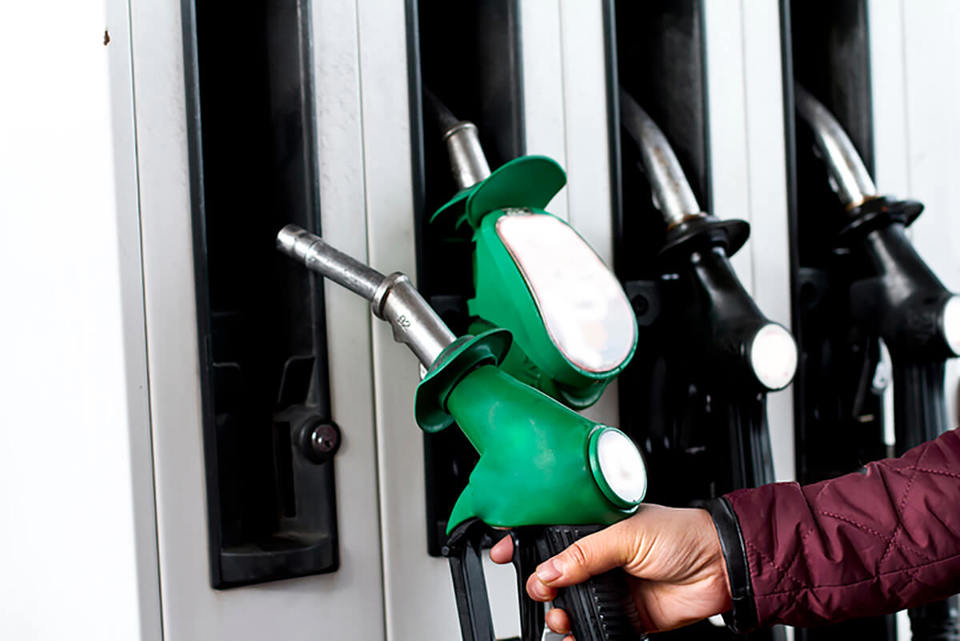Pentland Brands has cut tens of thousands of pounds from its fleet budget and reduced fuel use by 16% by successfully withdrawing private fuel benefit with the help of The Miles Consultancy.
Sharp rises in pump prices mean that paying for private fuel has become a major cost for employers that still offer the benefit. But many companies are reluctant to tackle the issue. They fear it will be difficult to calculate compensation and to persuade drivers to take responsibility for their own private fuel costs.
However, family-owned, Pentland Brands, the multi-award-winning brand management company behind global brands such as Speedo, Mitre, and Berghaus, has successfully withdrawn private fuel benefit from 130 of its company car drivers.
“Private fuel has become an archaic benefit,” said Steve Osborne, the company’s fleet manager. “All too often, it leads to employers subsidising drivers to make long commutes rather than move nearer to work. It used to be seen as necessary and cost-effective. But high fuel prices are here to stay and fuel benefit tax is only set to increase to a level that is too frightening to think about.”
High cost
Insulating drivers from the real cost of private fuel means effectively paying twice over for fuel. For example, a driver might pay £1,400 in P11d tax on the benefit. The business spends £2,200 on the fuel and then several hundred more in Class 1A National Insurance on the value of the benefit.
“Between the employee and employer, they are spending nearly £4,000 to provide fuel that has a real cost of just over £2,000.” said Osborne. “This analysis shows it doesn’t make sense.”
Withdrawing private fuel meant compensating the drivers, as they would have to pay for their personal mileage up to their tax liability with the difference being made good by the company. This ‘make good’ figure will reduce in time, as drivers’ tax liability rises because of tighter BIK CO2 bands and increases in HMRC’s free fuel tax ‘multiplier.’
As fleet manager, Osborne had to show drivers that they would be no worse off. At the same time, he had to convince the business that it would still save money despite compensating the drivers. The problem was to collect and organise all the factual information needed.
The answer he chose was the TMC Mileage Audit system, which combines data on mileages and fuel use. Drivers report journeys to the system via the Internet, while fuel data comes from fuel card providers and other sources.
The Mileage Audit system has enabled Pentland to build a complete picture of each individual driver’s business, commuting and private mileage, fuel consumption, pence-per-mile and CO2 emissions.
Accurate
“When TMC demonstrated the system it was a real eureka moment for us,” said Osborne. “It meant we would be able to do the very accurate personal calculations needed to sell the change to the drivers and demonstrate the savings to the business because we would have the factual information”
More follows on page two...




















Login to comment
Comments
No comments have been made yet.